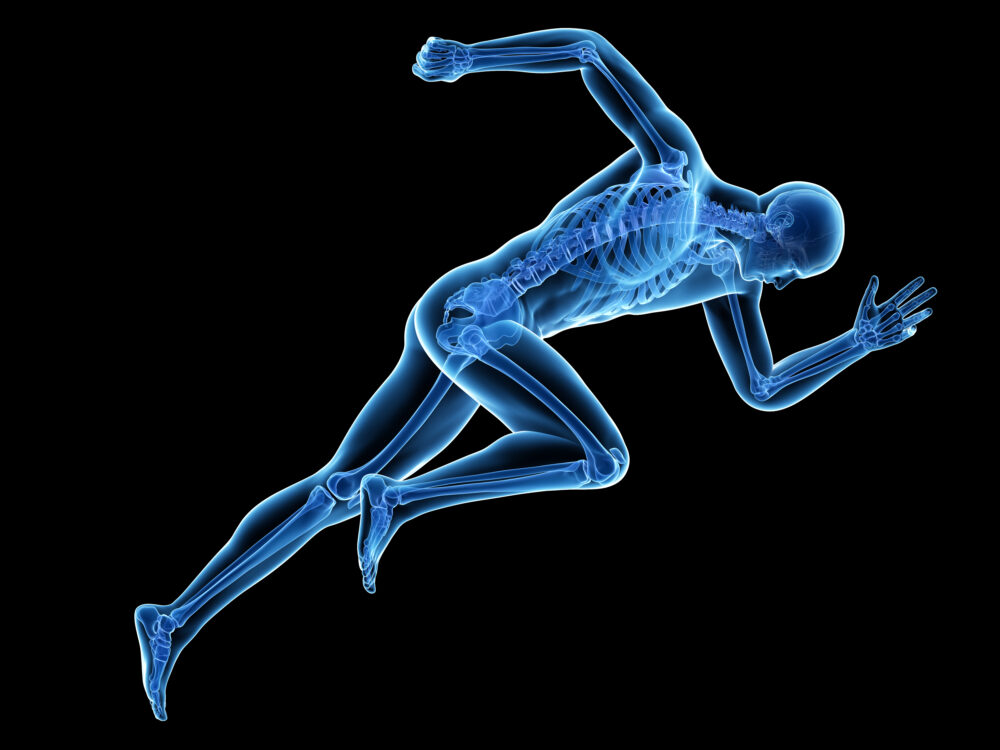
Steve Laufmann is a speaker, author, computer scientist, and consultant in the design of enterprise-class systems, with expertise in the difficulties of changing complex systems to perform new tasks. He leads the Engineering Research Group at Discovery Institute and chaired the program committee for the 2021 Conference on Engineering in Living Systems. He is co-author, with Howard Glicksman, of Your Designed Body (2022). When he can’t think of anything else to do, he enjoys landscape photography, pizza, and old movies.
Archives

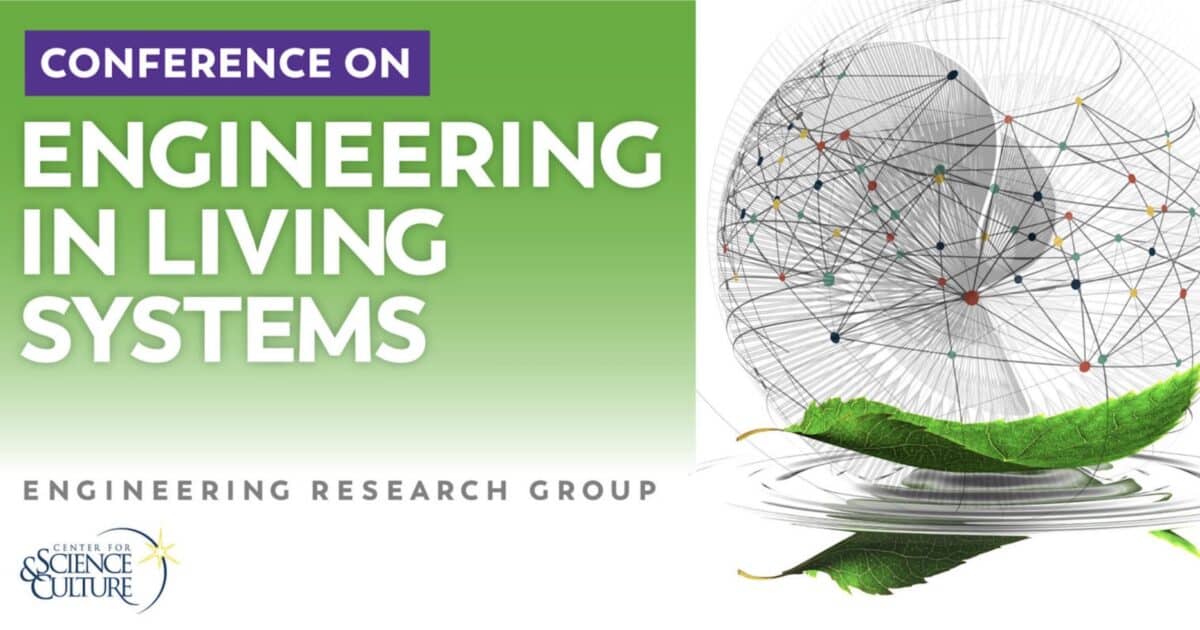
Where Biology and Engineering Intersect: CELS 2023 Applications Are Open Now!
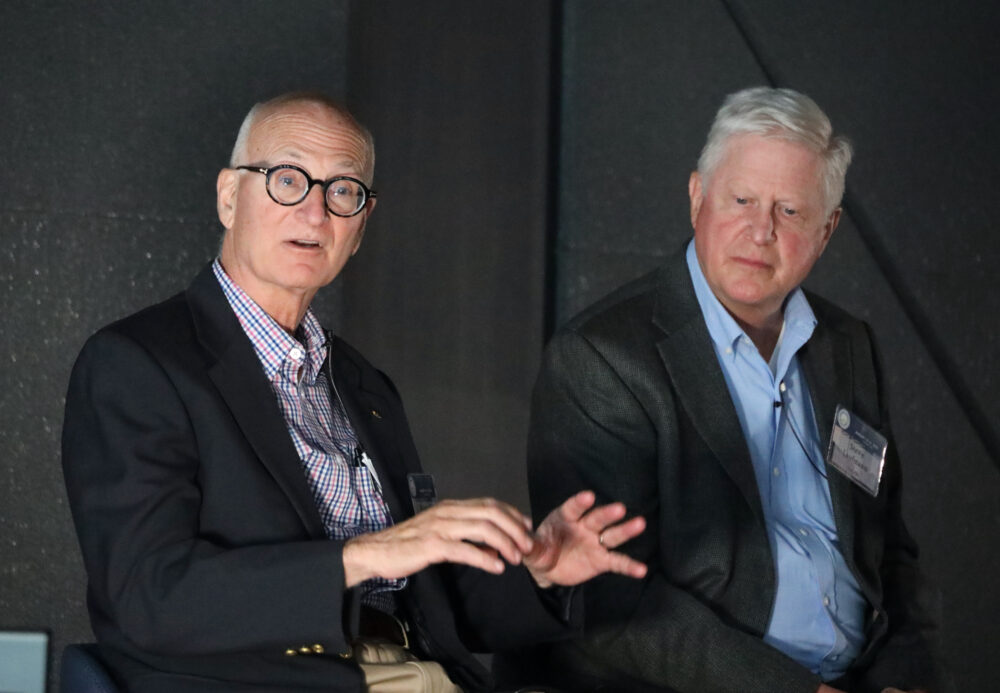
Fleshing Out a Theory of Biological Design
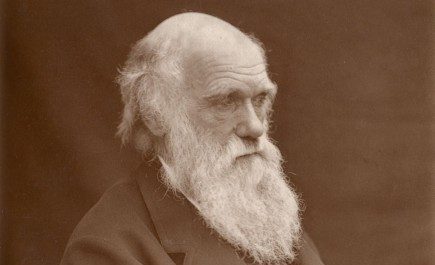
Evolution: How Darwin’s Four Causal Factors Fail
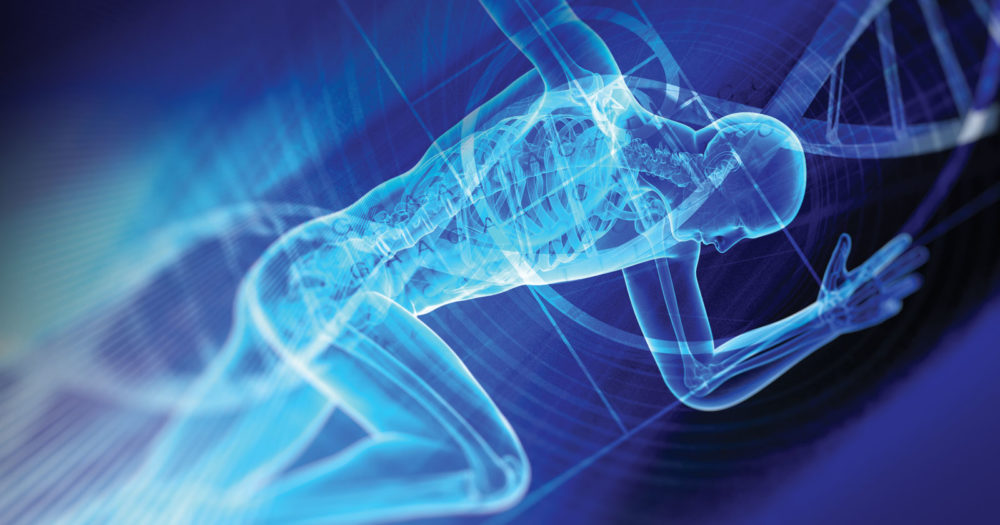
A Neurosurgeon and an Engineer Explore Your Designed Body

The Supposed Bad Design of the Human Pharynx

Your Designed Body: Hearing Is a Symphony of Parts

Your Intelligently Designed Body Is a System of Systems

“Poor Design”? Actually, the Human Body Is Amazing; Here’s Why

Michael Medved Spotlights the New Book, Your Designed Body

The Role of Engineers in the Systems Biology Revolution

CELS 2021 — A Report from the Trenches
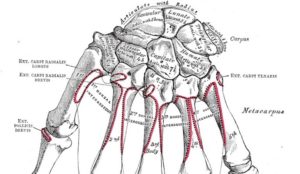
The “Botched” Human Body, Revisited

A Look at Nathan Lents’ WSJ Piece on the “Botched” Human Body

Your “Botched Body”: Bad Design or Bad Logic?

My Photos from the Eclipse
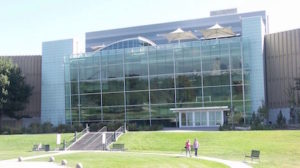
Nature’s Amazing Machines — Denver Looks at the Marvels of “Natural Engineering”

Coherence and Function: Laufmann on Glicksman’s Series, The Designed Body
